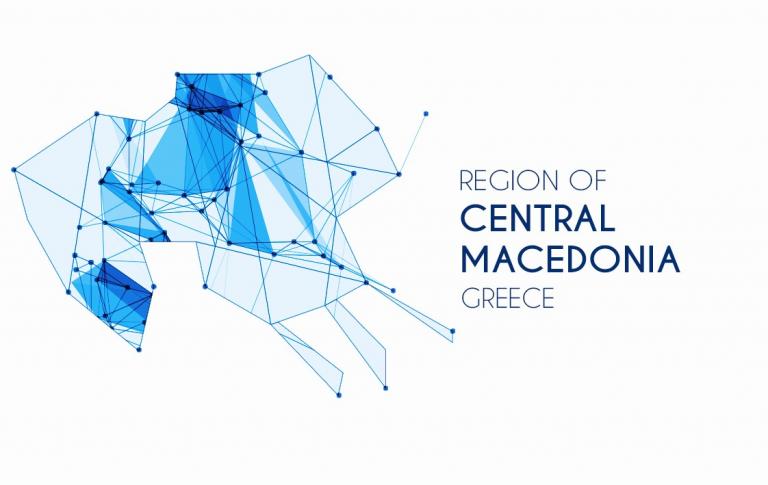Central Macedonia
Updated on 12.09.2024
The Regional Development Fund of Central Macedonia (RDFCM) is a public legal entity governed by private law, under the jurisdiction of the Region of Central Macedonia (RCM). The RCM’s role is to ensure growth, prosperity and extroversion for the citizens of the region. The RDFCM’s primary purpose is to provide technical assistance and support to the RCM through studies, research and implementation of programs that are assigned by the Region to the Fund for more efficient use of resources. The RDFCM on behalf of the RCM works closely with stakeholders in the region and has participated in six Interreg Europe projects that deal with the circular economy (CE).

More information
RDFCM has 22 staff members who work in close cooperation with the staff teams of RCM, the Managing Authority of the Regional Operation Programme of Central Macedonia, and academic and research centres based in Thessaloniki.
CE is a priority for the Research & Innovation Strategy for Smart Specialisation (RIS3) of the Central Macedonia region. CE is a horizontal sector, crossing all the champion sectors of the region (tourism, agro-food industry, textiles, construction materials).
GDP or GDP Category (at NUTS 3 level) Eurostat, same as cohesion policy 2019: Less developed region
Urban rural predominance: Predominantly rural with significant urban centres
Leading organisation
Regional Development Fund of Central Macedonia
Unit/department/section
EU funded-projects department
Link to existing circular economy action plan
The central objective of the Circular Economy Action Plan, (CEAP), which is linked to the Circular Economy for SMEs (CESME) Action Plan, was to influence the available policy tools toward a CE, with a special focus on the Regional Operational Programme (ROP) of Central Macedonia. This was supported by actions that increased the awareness of potential SME beneficiaries so that the beneficiaries/SMEs are included in actions that are funded by the ROP.
The overall goal was for 80 SMEs in the region to improve their resource efficiency through CE actions.
The CEAP for the promotion of a CE in the region of Central Macedonia consists of three main pillars:
- ‘Specialisation’ of the RIS3 Strategy.
- Incorporation of CE actions into the ROP of Central Macedonia 2014–2020.
- Implicit incorporation of the issues of the CE into the ROP of the next programming period (2021-2027) and its funding priorities.
Moreover, there are two more CEAPs in the framework of the participation, which are on BIOREGIO and SinCE-AFC projects.
Objectives
This information will be filled in at a later stage
Other activities
In 2018 the National Strategy for the Circular Economy in Central Macedonia was established, whereas in 2021 its action plan was specified. It includes management and organisational interventions that allow public and private entities to take advantage of the opportunities offered by circular economy. The Policy Instrument addressed in the Regional Operational Programme (ROP) 2021-2027 of the Region of Central Macedonia, and the Policy Responsible Authority is the Region of Central Macedonia (RCM).
Under the Policy Objective 2: "A greener and more resilient low-carbon Europe and on the way to a net zero carbon economy, by promoting a fair transition to clean energy, green and blue investments, the circular economy, climate change mitigation and adaptation, risk prevention and management, and sustainable urban mobility", the RDFCM participates as project partner in the following projects, directly linked to circular economy and bioeconomy:
- Three Interreg Europe projects: CITISYSTEM, FISSH, DeCo
- One Horizon Europe project: CisWEFE-NEX
Additionally, the RCM participates as project partner in:
- Two Horizon Europe projects: ROBIN, WOOD2WOOD
- One Interreg Europe project: MINEV
- One Interregional Innovation Investments Instrument (I3) project: BIOTECH4FOOD
Link to Circular Systemic Solution
This information will be filled in at a later stage
Circular economy good practices
This information will be filled in at a later stage
Participation in other relevant initiatives
The Region of Central Macedonia participates in the following initiatives:
Key publications, policies, legislations and initiatives
This information will be filled in at a later stage
Support from CSO
This information will be filled in at a later stage




